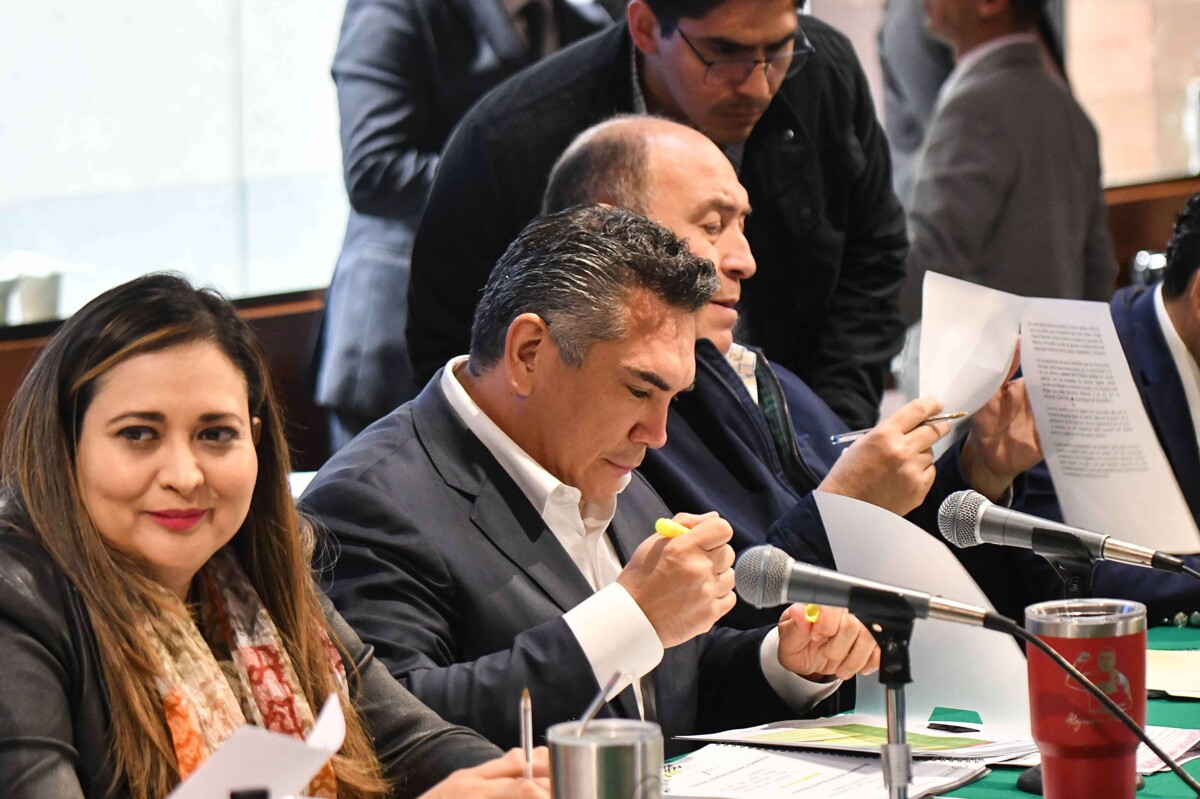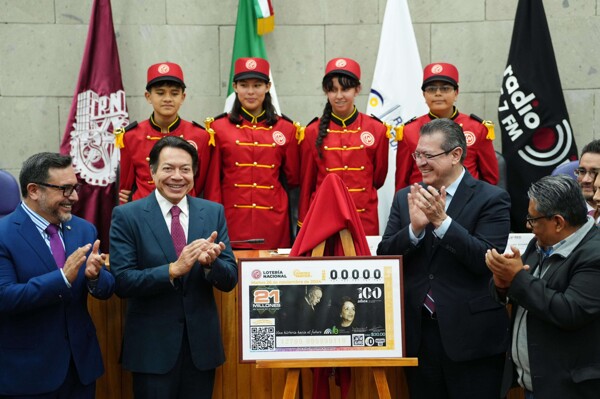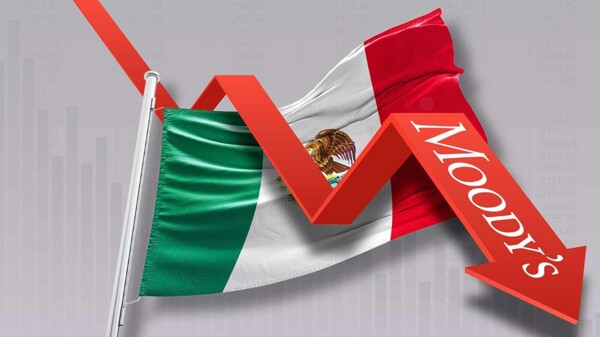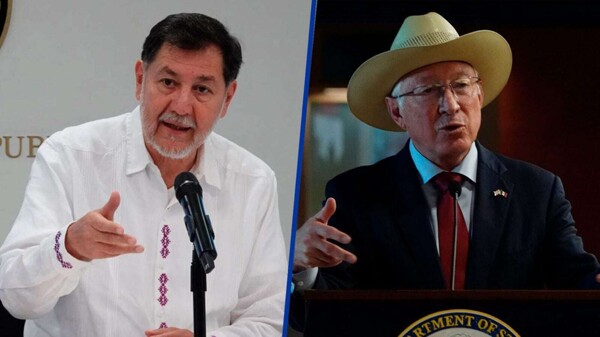
The PRI leader, Alejandro Moreno, made critical comments about Cynthia López Castro's joining the parliamentary faction of Morena in the Senate, considering it a strategy by Morena to destabilize democracy and favor entrepreneurs over the most vulnerable sectors of society. Moreno hinted that this action was part of a plan to undermine democracy and deceive the population.
In this line, statements from other political actors, such as Claudia Anaya from the PRI, joined in, stating that they were waiting for the Morena legislators to define their stance on the reelection of Rosario Piedra Ibarra as ombudsperson, although she described the issue as insignificant for them. These political tensions intensified due to the pressure to secure the necessary votes in the Senate.
On the other hand, during the session in the Senate, debates arose regarding transparency in the voting process, reaching the point where the PAN member Ricardo Anaya requested the use of a screen to guarantee the secrecy of the vote instead of the glass ballot box. The political climate heated up as the time for voting approached.
Meanwhile, tensions emerged regarding the Federal Expenditure Budget for the upcoming year, with teachers and workers from Upper Secondary Education temporarily blocking access to the chamber demanding salary increases and resources for schools. These protests reflected the initial pressures exerted regarding the budget, generating expectations and concerns in different sectors of society.
Amid this tense political scenario, several political actors sought to position themselves and defend their interests, outlining a landscape of disputes and strategies in the legislative sphere. The statements and actions of the different parties reflected the complexity and intensity of the political negotiations and decisions at stake, raising questions about the direction that events would take in the near future.














